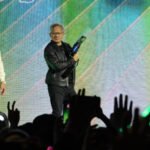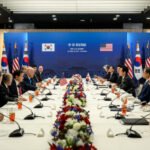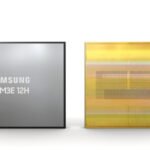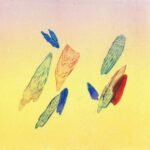Samsung Electro-Mechanics Suwon Campus
South Korea’s Samsung Securities lowered its target price for Samsung Electro-Mechanics Co. to 160,000 won ($120) from 210,000 won.
The securities explained that Samsung Electro-Mechanics’ pace of recovery in the multilayer ceramic capacitor (MLCC) market is slower than expected.
In a report released Monday, analyst Lee Jong-wook projected that Samsung Electro-Mechanics’ operating profit would reach 775 billion won ($580 million) this year, an 11% reduction from previous estimates, and 1.049 trillion won in 2025, down 6%.
The target price-to-book ratio (PBR) was also revised to 1.4 times.
While expectations for MLCC recovery have moderated, Lee noted that operating profit margins for MLCC are still expected to improve, rising from 9% last year to 11% this year and 13% in 2025.
Demand for MLCCs in the mobile and PC sectors remains subdued, but high-end MLCC demand continues to be strong.
The company’s third-quarter operating profit of 224.9 billion won, in line with market forecasts. Fourth-quarter profit is expected to decline 28% sequentially to 161.4 billion won, influenced by seasonal factors, though this would represent a 46% year-on-year increase.
“While mobile demand has improved from last year, it hasn’t met first-half expectations, with MLCC orders normalizing after an inventory buildup earlier in the year,” Lee said.
“Automotive and server components have driven the MLCC market recovery, though automotive demand has slowed, and server demand still accounts for only 5% of MLCC revenue,” he added.
By Sung-Mi Shim
smshim@hankyung.com















